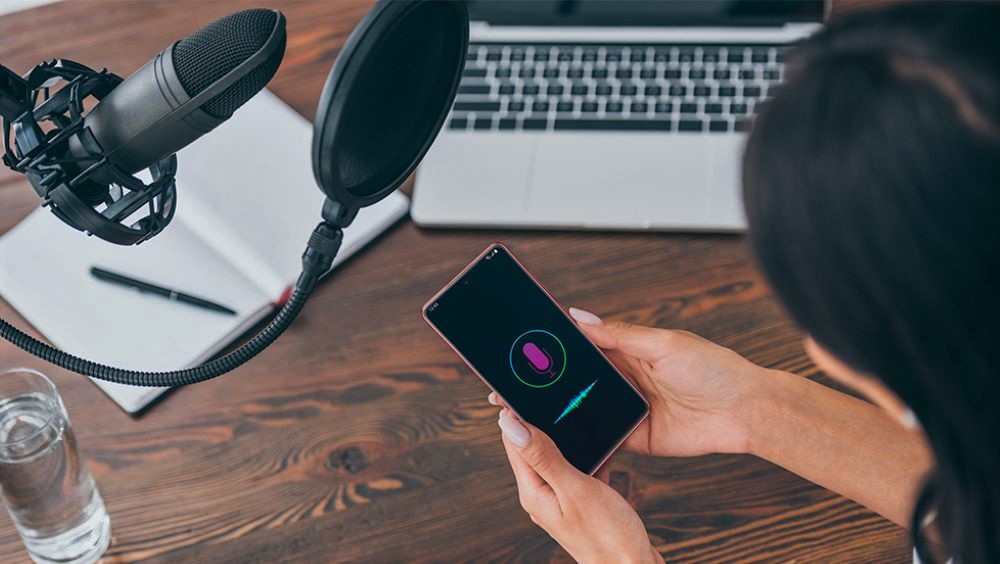Welcome back to another episode of Into The Airbnb, where we talk with Airbnb hosts about their short-term rental experience. Today’s guest is Ryan Stephens, who manages a farmhouse Airbnb listing in Waco, Texas. Today, he’ll share how his market became popular and positively impacted his listings thanks to a TV show called “Fixer Upper”. […]













